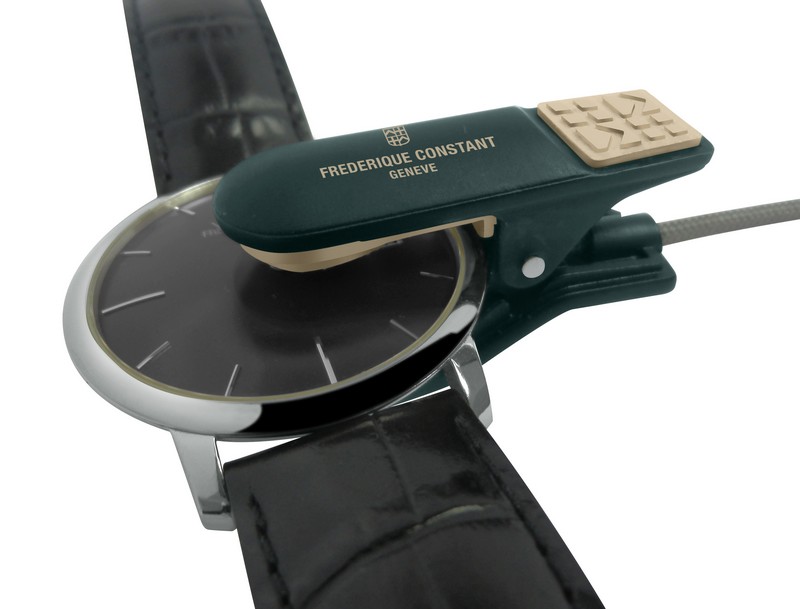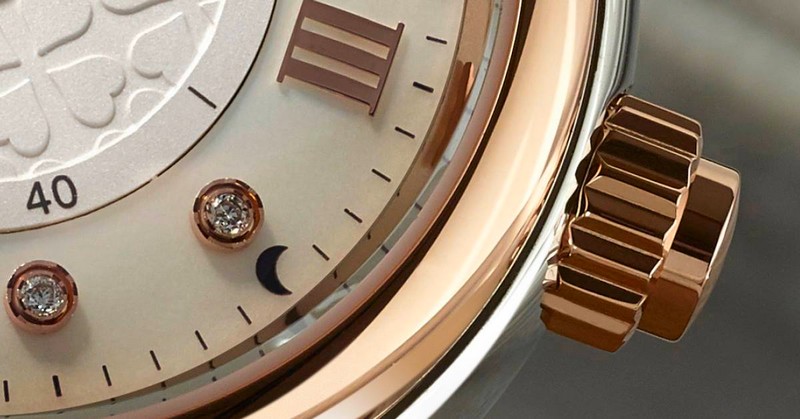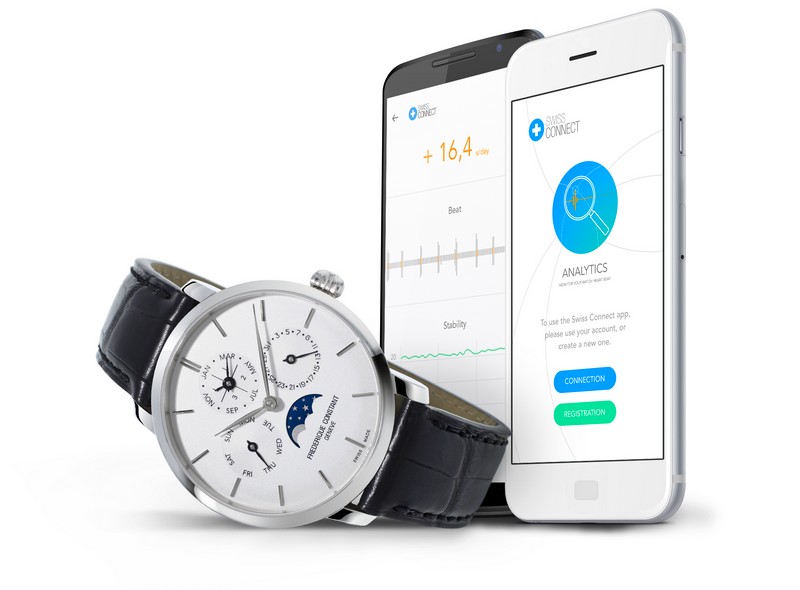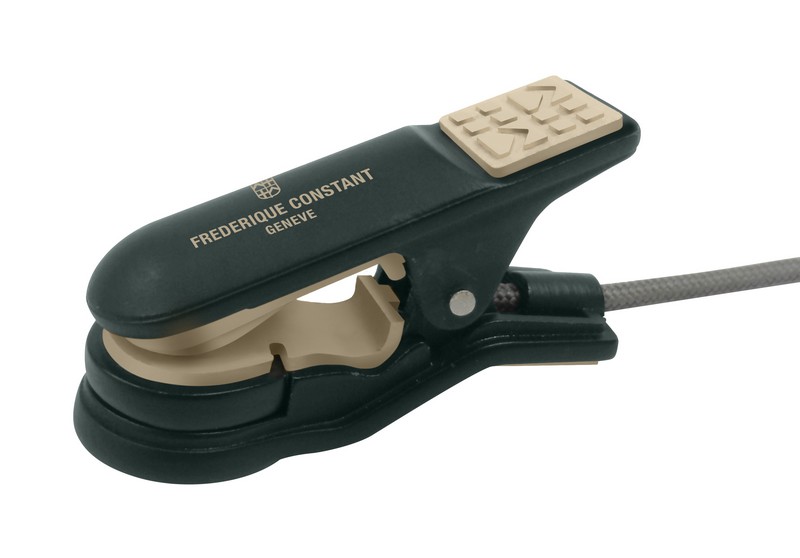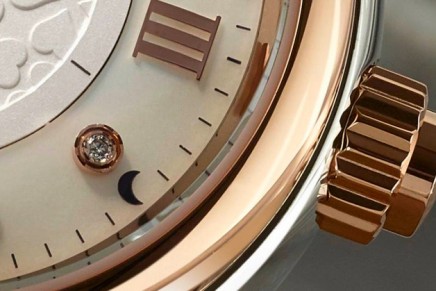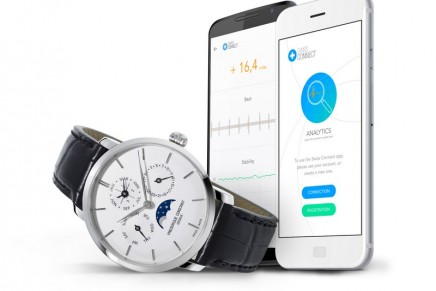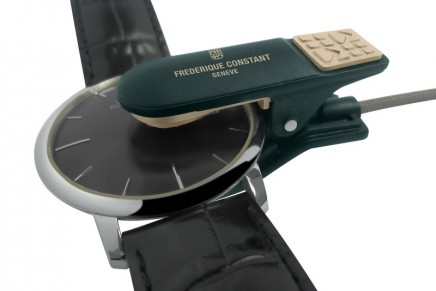In the past, only a watchmaker could measure the accuracy of a mechanical watch.
Time Measurement Devices for top-end watches are normally extremely expensive and complicated to use. However, with a new clip, watch owners can measure the accuracy of a timepiece easily and efficiently by themselves.
Frederique Constant Analytics is a revolutionary device that measures the accuracy of mechanical watches. With this new clip and the SwissConnect Analytics app, users can measure the accuracy of their mechanical watches. The tool measures the precision of mechanical watches, with an accuracy of
at least ±0.2s/day. Frederique Constant Analytics supports a wide range of frequencies, covering almost all mechanical watches available on the market. In case the user doesn’t know the watch’s frequency, a frequency auto detect function is available on the app.
The hallmark of a great timepiece is accuracy. A measure of accuracy is a measure of value. Each mechanical timepiece has a tiny Balance Wheel that acts as a pendulum. Every oscillation back and forth should take exactly one second. But if the Balance Wheel mechanism is off by just a matter of a few degrees, the accuracy of the watch will suffer.
There are various reasons that the accuracy of a mechanical watch changes over time. Particularly the balance spring can change in strength from the micro-stresses to the metal they are made of. Moreover, watch escapements are lubricated with oils, and as those oils age, the rate of a mechanical watch changes as well.
An oscilloscope shows the audio waveform in real time. The result is plotted in a chart, which can be saved for later reference. Also, Analytics can record and save a long-time measurement, e.g. for 12 hours, to analyze the long-time performance of your watch.

